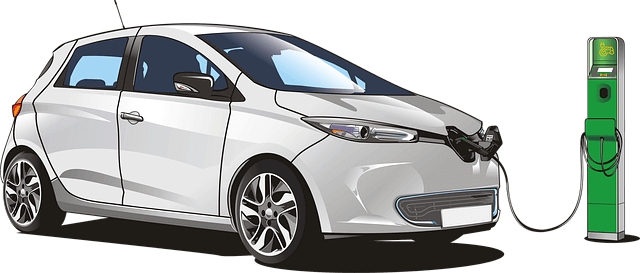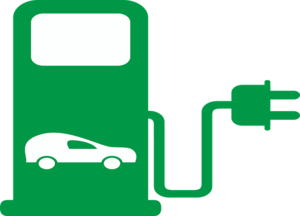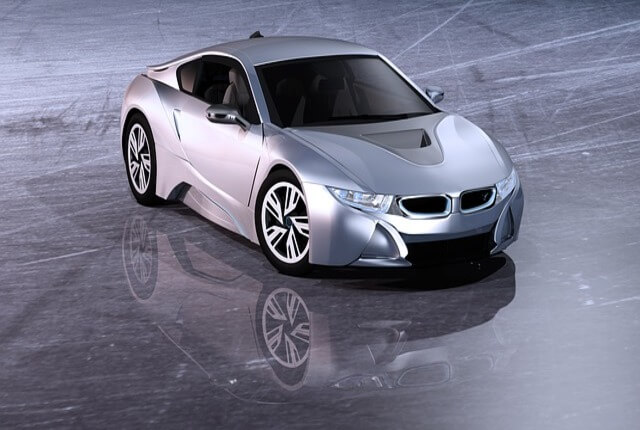Do you know which is one of the largest sources of climate pollution in the World?
Probably you guessed it right. Yes, it is the transportation sector!! Today, we would like to discuss the revolution in the transportation sector aimed to reduce and eventually diminish the pollution issue forever.
To solve our climate disaster issue, we need to make our travel as less polluted as possible. For this Electric mobility or as you know Electric Vehicle (EV) is the ultimate solution. EVs emit no tailpipe pollutants, although the power plant producing the electricity may emit them.

With a projected higher share of solar in the world’s electricity generation mix for the future, EVs would become one of the key measures to reduce Green House Gas (GHG) emissions and help India meet its international climate change commitments and National Determined Contribution (NDC) targets. Electric Vehicles provide quiet/smooth operation and stronger acceleration. Therefore EVs require less maintenance than other conventional Internal Combustion Engine Vehicles (ICEV) like petrol and diesel vehicles.
EVs are three-to-five times more energy-efficient than conventional ICEVs. Conventional ICEVs only convert about 12%–30% of the primary energy stored in fuel to power, while EVs convert over 77% of the electrical energy input from the grid to power. Hence with EVs we get much better power conversion at comparatively lesser consumption of fuel. For instance, the operating cost of EV is about INR 1 per km in contrast to an operating cost of INR 6 per km for conventional ICEVs like diesel and petrol vehicles.
In addition to providing a clean environment, this provides unmatched energy efficiency improvement potential and cost savings for the transportation sector. Using the related information the end-user can also make a better informed decision while selecting the right set of vehicle type for the next purchase or travel.
Still wondering if you should switch from your existing petrol and diesel vehicles to electric vehicles?

Here, we have further explained about energy savings through various technical parameters and mathematical calculations. Know more about how electric vehicles can provide energy savings of about 65-70% and CO2 reduction of 25-30% in comparison to traditional vehicles. For easier understanding, we have taken an example of conventional diesel vehicles (AC variants) in India.
Below tables provide the details of estimations to showcase the variations on technical parameters like MTOE per Year, MTCO2 Emissions per year, Savings per year and Savings (%):
Estimation of various technical parameters using Diesel Vehicles
| S.No | Details (Estimated) | Diesel (AC) |
|---|---|---|
| 1 | No. of Buses | 10 |
| 2 | One Year running (kms) | 1,50,000 |
| 3 | Diesel Mileage (km/litre) | 3.6 |
| 4 | Calorific Value of High Speed Diesel (KCal / Kg) | 11,840 |
| 5 | Density (kg/litre) | 0.8263 |
| 6 | 1 MTOE (Metric Ton of Oil Equivalent) (Kcal) | 10,000,000 |
| 7 | MTOE/litre in kCal (=11,840 kcal*0.8263 kg/L /10^7) | 0.000978339 |
| 8 | Diesel Consumption (litres / year); One bus (1,50,000km / 3.6 km/L) | 41,667 |
| 9 | MTOE / Bus/Year ; = 0.00097834* 36,667 | 35.87 |
| 10 | 1 litre diesel (= Kg of CO2); | 2.68 |
| 11 | MTCO2 Emissions Year; = 41,667 L*2.68 kg of CO2/L / 1,000 | 111.6 |
Estimation of various technical parameters using Electric Vehicles
| S.No | Details (Estimated) | Diesel (AC) |
|---|---|---|
| 1 | No. of Buses | 10 |
| 2 | One Year running (kms) | 1,50,000 |
| 3 | Electric Bus Mileage (kWh/Km) | 0.750 |
| 4 | 1 MTOE (Metric Ton of Oil Equivalent) (kcal) 10,000,000 | 10,000,000 |
| 5 | 1kWh per kilo calorie | 860 |
| 6 | Heat Rate (Kcal/Kwh); CEA | 2,375 |
| 7 | All India Transmission & Distribution Losses; CEA | 20% |
| 8 | Emission factor; CEA | 0.83 |
| 9 | Thermal Generation in FY 2019-20 (%); CEA | 86.28% |
| 10 | Electricity Consumption (kWh); One bus (1,50,000 km*0.75 kWh/km) 1,12,500 | 1,12,500 |
| 11 | Thermal consumption kWh; = 1,12,500*0.8628 | 97,065 |
| 12 | Others consumption kWh; = 1,12,500 -97,065 | 15,435 |
| 13 | Thermal Consumption in Kcal; = 97,065 kWh * 2,375 KCal/kWh | 230,529,375 |
| 14 | Others consumption in Kcal;= 15435 kWh*860kCal/kWh | 13,274,100 |
| 15 | Overall Energy Consumption in KCal ;= 230,529,375 + 13,274,100 | 243,803,475 |
| 16 | MTOE In KCal terms;= 243,803,475 / 10^7 | 24.38 |
| 17 | MTOE In KCal terms including T & D Losses 20%;= 24.38 * 1.20 (T&D losses) | 29.25 |
| 18 | MTCO2 Emissions Year;= 1,12,500 * 0.83 | 93.37 |
Summary : Electric Vehicles VS Diesel Vehicles
| S.No | Particulars | Diesel Bus (AC) | Electricity Vehicle bus | Savings /Year | Savings (%) |
|---|---|---|---|---|---|
| 1 | MTOE per Year | 35.87 | 29.25 | 6.62 | 22% |
| 2 | MTCO2 Emissions per year | 111.6 | 93.37 | 18.23 | 13% |
Based on the above results, it is evident that energy savings are in the range of 22% and CO2 emission reductions are in the range of 13% by switching from ICEV to EV’s. Thus, it is advisable to buy an electric vehicle for your next purchase.






These are truly great ideas in about blogging.
You have touched some fastidious factors here. Any way
keep up wrinting.
no mention of cost of producing electricity, such as coal, oil, solar panels manufacturing and disposal of panels and materials to make them, wind mill manufacturing costs an lifespan and disposal, cost of building dams and turbines lifespan and disposal.
cost of electricity for E.V. owners.
This article is well written and explains very basic mathematical concepts to understand why electric vehicle is better than conventional vehicles. Keep posting !!